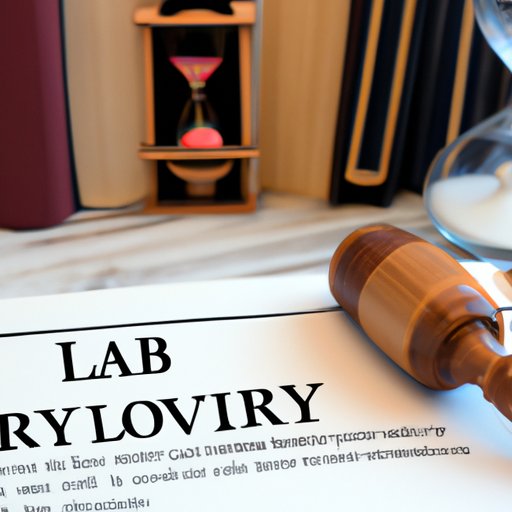Introduction:
In various situations within the UAE, a need for a Power of Attorney (POA) may arise, whether it involves authorizing someone to engage in property transactions, such as buying or selling, on your behalf or seeking legal representation in a court of law. Granting a Power of Attorney enables individuals to delegate authority and empower another person to act on their behalf in specific matters. A Special Power of Attorney (POA) is a legal document that grants specific powers and authority to another individual or entity to act on behalf of the principal. In Dubai, like many jurisdictions, there are specific requirements for Special Power of Attorney. This article aims to comprehensively understand the requirements for drafting a Special Power of Attorney in Dubai.
When do you need a Power of Attorney?
A Power of Attorney is typically required when you need someone else to act on your behalf in conducting business or completing official processes. This may arise when you cannot personally handle specific tasks or prefer someone else to represent you.
For instance, if you have a legal case, you can grant a Power of Attorney to a lawyer who can represent you in court proceedings. Similarly, if you own a property in a different country and cannot manage it yourself, you can give a Power of Attorney to a friend or a company to handle tasks like renting or selling the property. The appointed attorney or agent can legally sign documents and agreements on your behalf, such as sale agreements or Ejari.
Requirements for Special Power of Attorney in Dubai
- Written Document: A Special Power of Attorney in Dubai must be in writing. It is advisable to have the document drafted in both English and Arabic, as Arabic is the official language of the United Arab Emirates (UAE). The written document ensures clarity, avoids ambiguity, and provides a legally binding record of the granted powers.
- Identification: The Special Power of Attorney should identify the principal (the person granting the power) and the agent (the person receiving the power). The document must include the full names, nationalities, and passport or Emirates ID numbers of both parties. This identification helps establish the legal capacity of the individuals involved.
- Description of Powers: The powers granted to the agent must be explicitly stated in the Special Power of Attorney. The document should define the scope of authority, outlining the specific actions and decisions the agent is authorized to undertake on behalf of the principal. It is crucial to be specific and detailed to avoid misinterpretation or misuse of powers.
- Term and Revocation: The duration of the Special Power of Attorney should be mentioned in the document. It can either be valid indefinitely or for a specific period. Additionally, the document should include provisions for revocation, stating how and when the principal can terminate or revoke the powers granted. This ensures the principal maintains control and can withdraw the authority if necessary.
- Notarization and Attestation: In Dubai, it is common practice to have the Special Power of Attorney notarized and attested by the Notary Public or relevant authorities. Notarization helps establish the authenticity of the document, while attestation confirms its validity. Notarization and attestation give the Special Power of Attorney legal weight and recognition.
- Witnesses: Depending on the specific circumstances or regulations, witnesses may be required during the signing and notarization process. The number of witnesses can vary, and their presence adds an extra layer of verification and credibility to the document.
- Legalization: Legalizing the Special Power of Attorney may be necessary if the principal or agent is a foreign national. Legalization involves obtaining authentication from the relevant embassy or consulate in Dubai or the UAE Ministry of Foreign Affairs. This process ensures the document is recognized and accepted in the country of the foreign national.
- Additional Requirements: Additional requirements may arise depending on the purpose or transaction for which the Special Power of Attorney is being granted. These requirements can vary and may be imposed by government authorities, banks, or other institutions. It is crucial to consult with the relevant parties or a legal professional to determine any specific additional requirements.
Conclusion:
Creating a Special Power of Attorney in Dubai requires adherence to specific requirements. These requirements include having a written document, clearly identifying the principal and agent, describing the powers granted, specifying the term and revocation provisions, notarization and attestation, and considering additional requirements as needed. It is essential to consult with legal professionals or relevant authorities to ensure compliance with the latest regulations and requirements specific to the situation at hand. Following these requirements, individuals can create a legally sound Special Power of Attorney in Dubai.
A drafting lawyer at Notary Public Dubai can provide professional assistance in creating and executing a Power of Attorney document. Drafting Lawyer will ensure the document is accurately drafted to meet your needs, comply with local laws, and address your concerns. Our drafting lawyer at Notary Public Dubai will help safeguard your interests and ensure your intentions are legally binding.
(Note: Is this article not meeting your expectations? Do you have knowledge or insights to share? Unlock new opportunities and expand your reach by joining our authors team. Click Registration to join us and share your expertise with our readers.)
